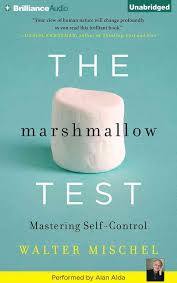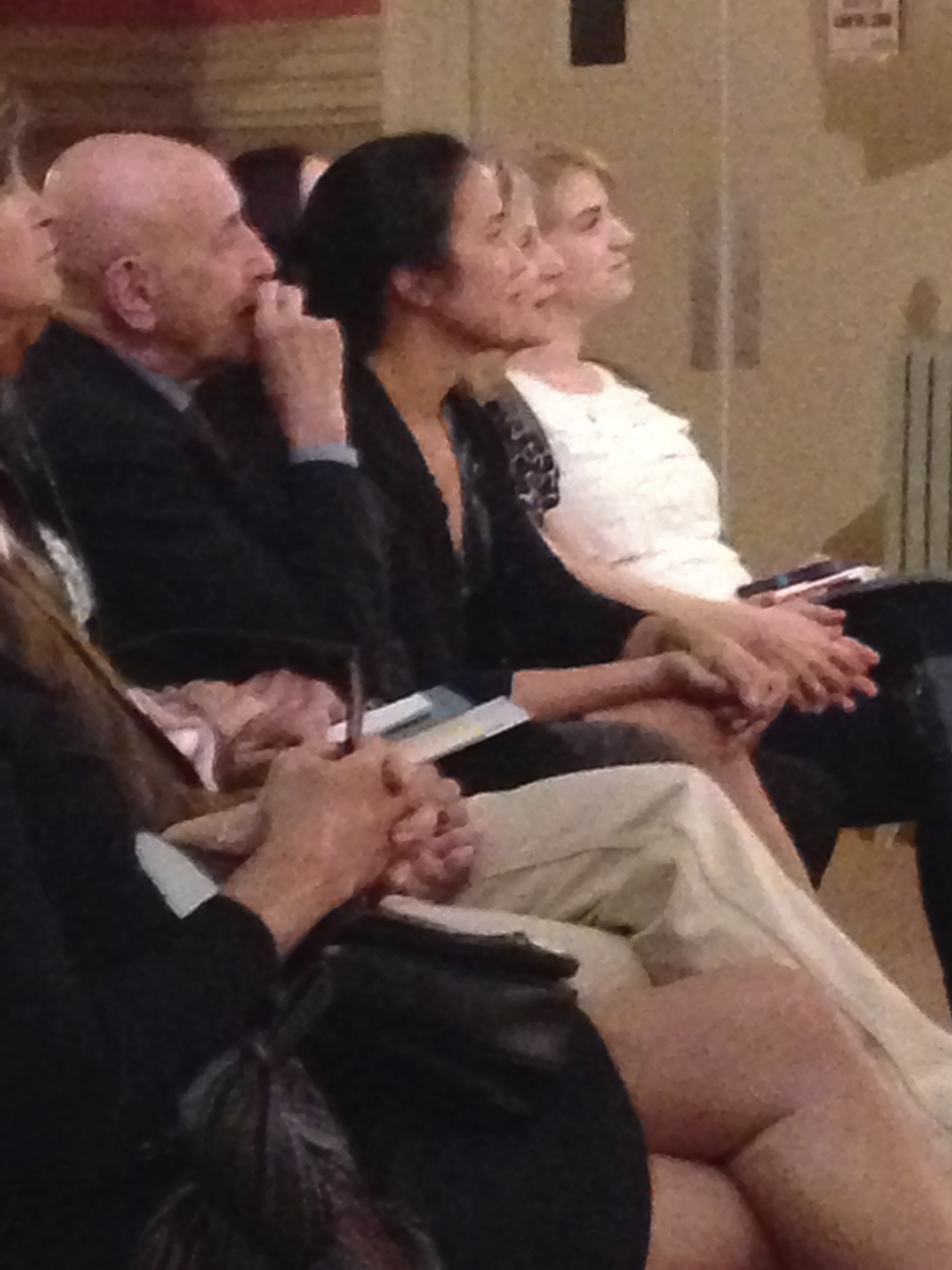 Beginning in the late 1960s and early 1970s, Walter Mischel pioneered work illuminating the ability to delay gratification and to exert self-control in the face of strong situational pressures and emotionally “hot” temptations. His studies with preschoolers in the late 1960s, often referred to as “the marshmallow experiment“, examined the processes and mental mechanisms that enable a young child to forego immediate gratification and to wait instead for a larger desired but delayed reward. Continuing research with these original participants has examined how preschool delay of gratification ability links to development over the life course, and may predict a variety of important outcomes (e.g., SAT scores, social and cognitive competence, educational attainment, and drug use), and can have significant protective effects against a variety of potential vulnerabilities.[4] This work also opened a route to research on temporal discounting in decision-making, and most importantly into the mental mechanisms that enable cognitive and emotional self-control, thereby helping to demystify the concept of “willpower”.
Beginning in the late 1960s and early 1970s, Walter Mischel pioneered work illuminating the ability to delay gratification and to exert self-control in the face of strong situational pressures and emotionally “hot” temptations. His studies with preschoolers in the late 1960s, often referred to as “the marshmallow experiment“, examined the processes and mental mechanisms that enable a young child to forego immediate gratification and to wait instead for a larger desired but delayed reward. Continuing research with these original participants has examined how preschool delay of gratification ability links to development over the life course, and may predict a variety of important outcomes (e.g., SAT scores, social and cognitive competence, educational attainment, and drug use), and can have significant protective effects against a variety of potential vulnerabilities.[4] This work also opened a route to research on temporal discounting in decision-making, and most importantly into the mental mechanisms that enable cognitive and emotional self-control, thereby helping to demystify the concept of “willpower”.
Ben Dean interviewed Walter Mischel and you can see the interview here.
I had the opportunity to see him live with Angela Duckworth last spring. Angela, in place of David Brooks, conducted the interview and did a wonderful job. He was promoting his new book, The Marshmallow Test: Why Self Control is the Engine of Success. While Duckworth secretly wanted to know how to get her daughter to do her math homework, my biggest takeaway was one of Mischel’s strategies for not eating dessert. He said he imagines a cockroach crawling over the chocolate mousse in the kitchen of the restaurant and that keeps him from ordering it. Not an appetizing image, but an effective and creative technique. His research is seminal and I highly recommend the book, The Marshmallow Test.

